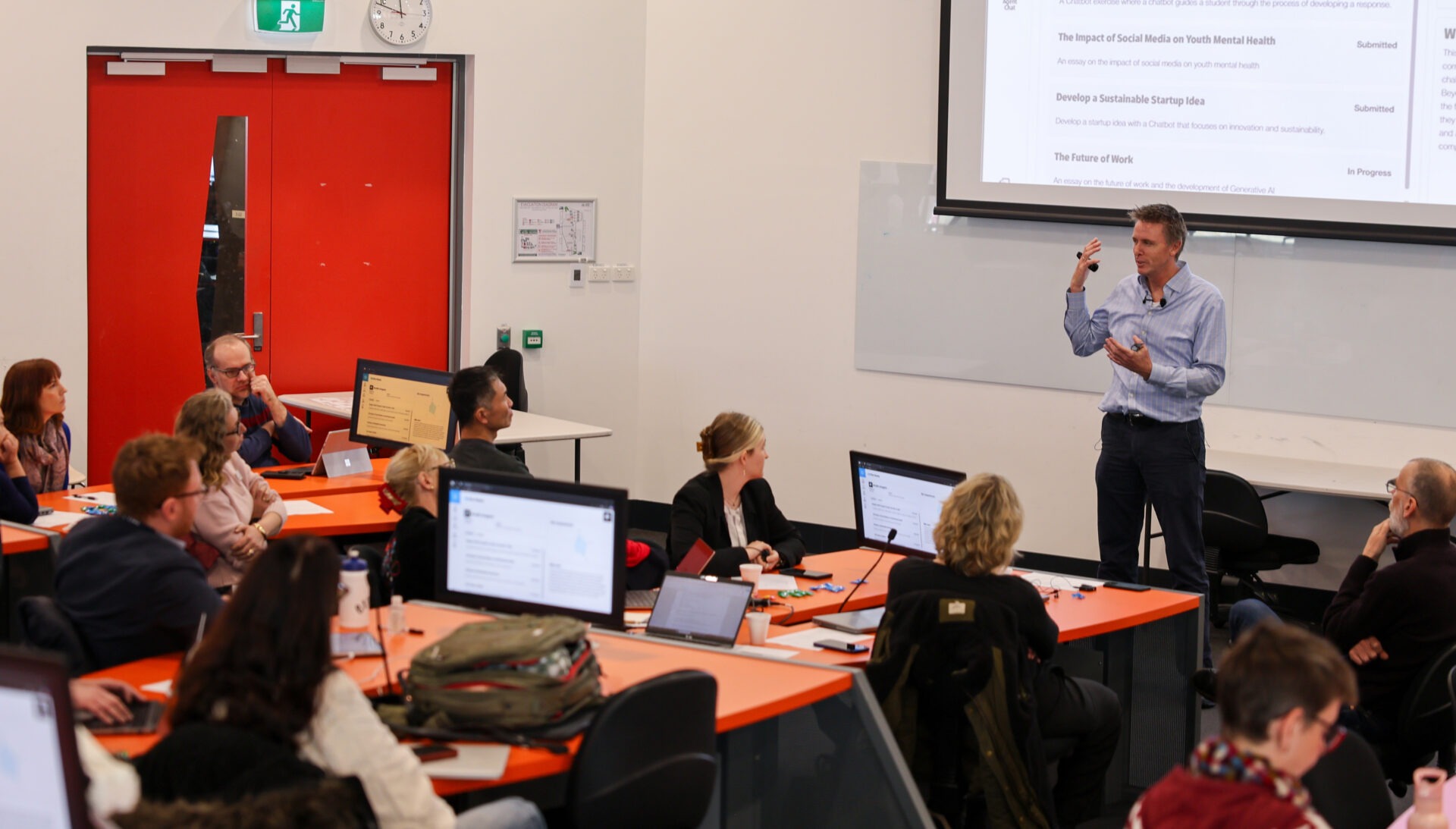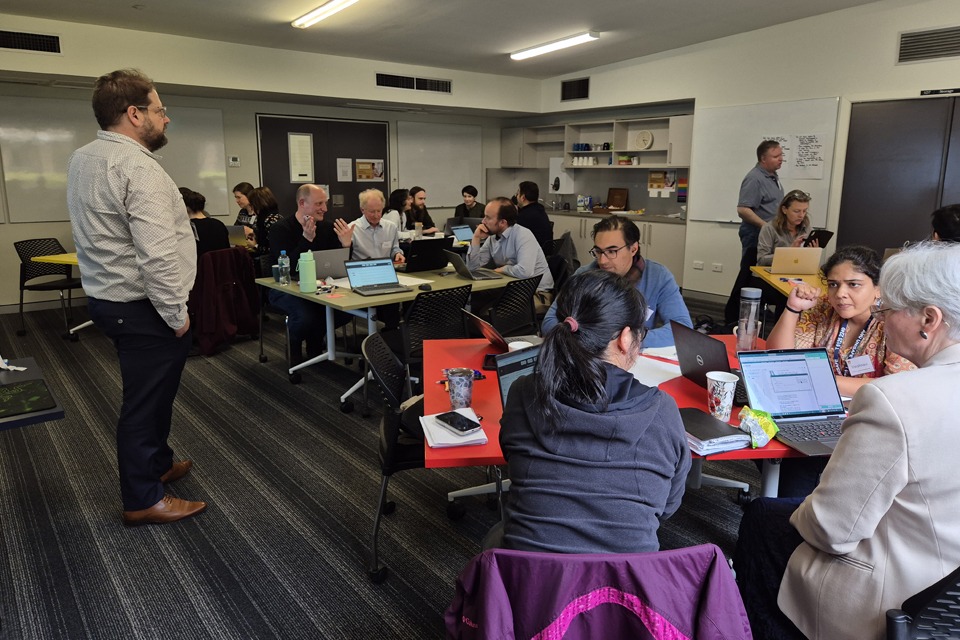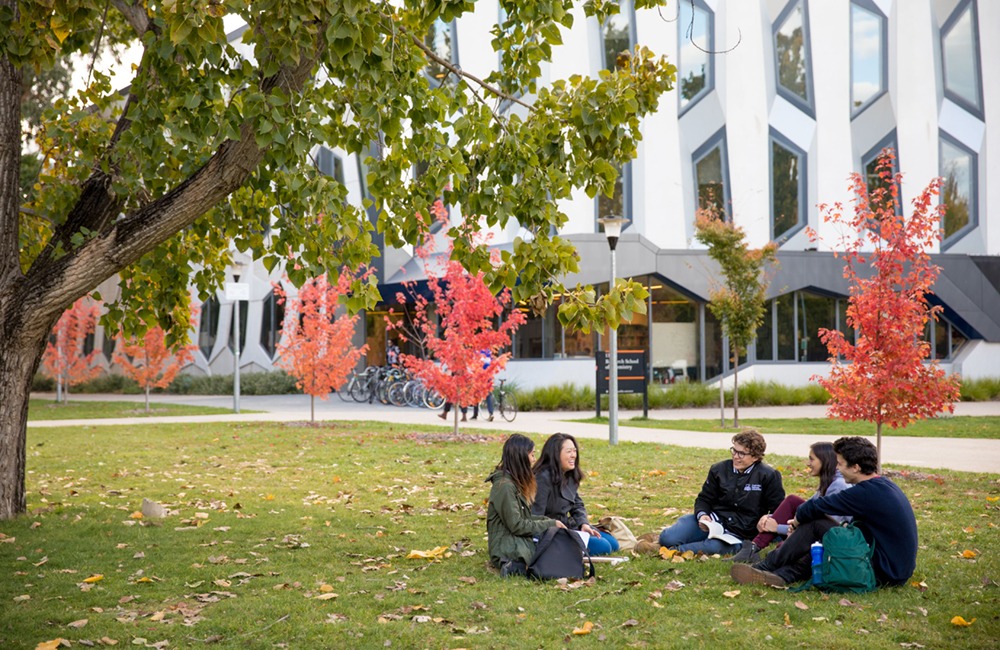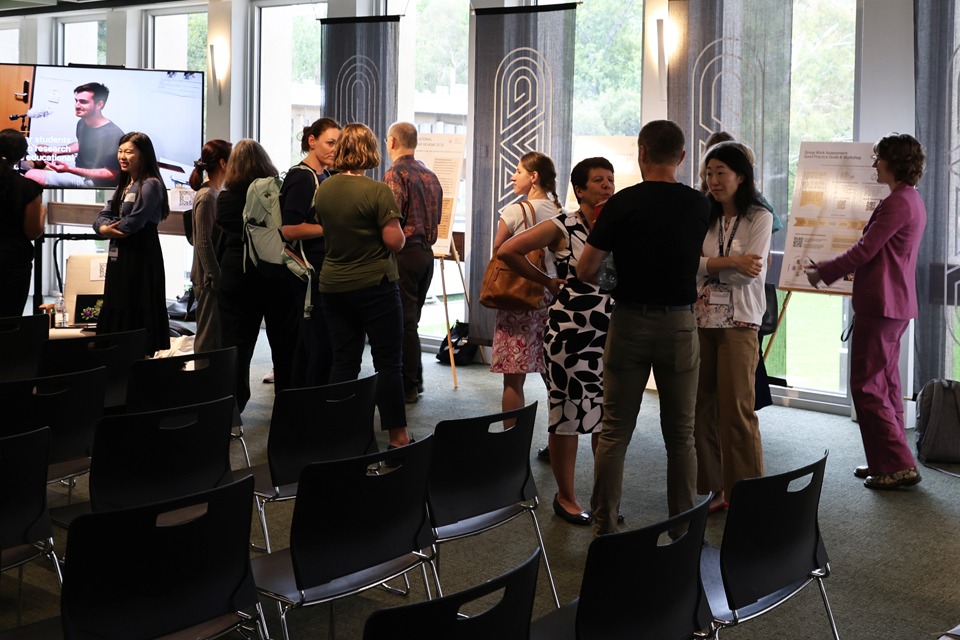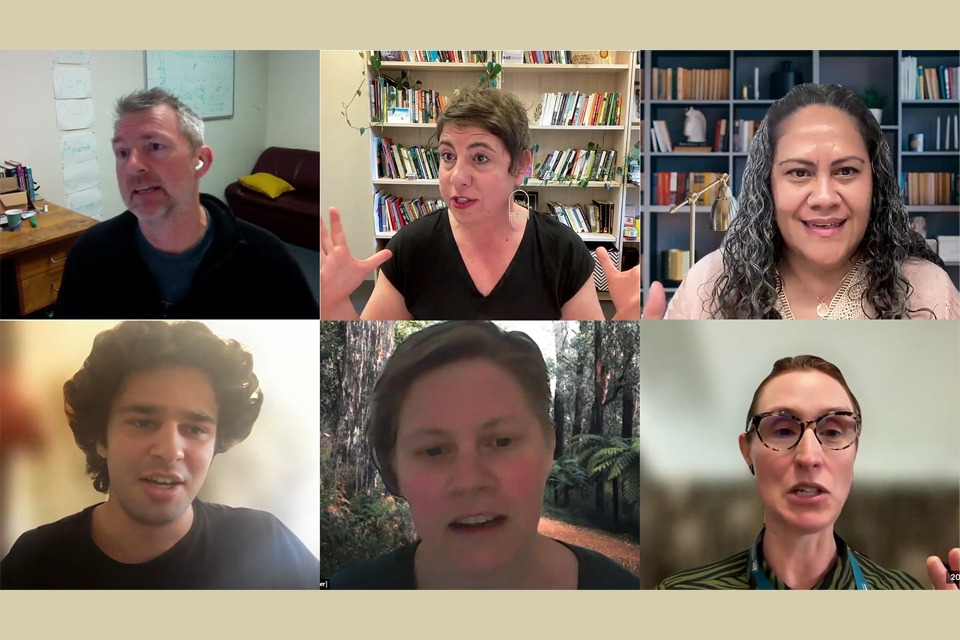Good mental health is something we are all entitled to 365 days a year. Irrespective of whether we are staff or students. World Mental Health Day is on 10 October in 2023 and the theme this year is Mental Health is a Universal Human Right. However, mental health isn’t about whether you’re having a “good” day or “bad” day, or a day when you’re just feeling nostalgic or sad. It’s about recognising that some of us have mental health conditions that can be escalated by actions of others or occasionally ourselves. Those actions do not need to be intentional or unintentional to impact upon us.
Mental Health is a catch all phrase for conditions such as:
- Depression
- Psychosis
- Eating Disorders
- Personality Disorders
- Trauma
- Severe anxiety disorders e.g. Generalised Anxiety Disorder (GAD) and Obsessive Compulsive Disorder (OCD) and Post Traumatic Syndrome Disorder (PTSD).
How is mental health connected to disability?
It’s important to realise that mental health conditions can be both part of a disability and a reason for disability. It’s also important to recognise that mental health conditions can be managed with help and are, for the most part, life-long.
Once only used within the context of returning soldiers, PTSD is now recognised as an anxiety disorder that can occur to non-soldiers. PTSD can begin because of a range of traumatic experiences. This Beyond Blue produced video on a young woman’s experience of PTSD demonstrates well how PTSD can also affect non-soldiers. It’s a good example of how a mental health condition can be disabling long term, but be hidden from sight and fluctuate. I love how Hannah Diviney expresses this is her book, I’ll let myself in: “As with most things, though, the process isn’t always linear … Over the last few years, I’ve learned that the difference between a bad patch and a healthy one is only a few shades.” (Diviney, p182).
Disabled people, whether their disability is visible or invisible, can also be affected by mental health conditions. We can be traumatised and or experience depression through constant questioning from others about our disability, for requests of evidence of our disabilities, and by others not taking the time to understand disability in general, or our specific disabilities, which places us in the position of constantly educating others and attempting to swat away ableist comments without allowing them to affect our mental health. Read this blog post from the SANE blog for key examples.
Whilst anyone can be impacted by a mental health condition within our ANU community, like most communities, it is the minorities within our community who are more likely to be affected. That’s because minorities always stand out as “different” and are therefore unjustifiably affected.
Who are we?
People with mental health conditions are our students and staff:
- from different cultural backgrounds including First Nations people or people from different racial and cultural backgrounds who have been born and raised in Australia;
- who are disabled irrespective of whether it is a visible or invisible disability;
- whose sexuality or gender is not cishet (A cis (pronounced ‘sis’, short for cisgender) person is someone whose gender aligns with the sex they were assigned at birth – someone who isn’t trans or gender diverse);
- who’ve directly experienced trauma or anxiety disorder at some point during their lifetime.
How can you help students and staff with lifelong mental health conditions?
- Recognise that mental health conditions are disabling from both a medical model as well as social model perspective.
- Understand that we are not homogenous and any mental health condition can be combined with other co-morbidities and that makes us all unique.
- Believe us when we say our mental health is affected. Kylie Maslen’s book, Show Me Where It Hurts. Living with Invisible Illness discusses invisible disabilities and the daily life of managing chronic pain alongside the burden of having to convince people that something is wrong and needs medical investigation and support in the workspace and at home.
- Provide space and encourage staff to take a “Wellbeing day” or some sick leave, if required. Under the new Enterprise Agreement staff are able to take two Wellbeing days from their personal leave per year.
- In a SANE.org blog post, Taking Ownership of your Mental Health, Fiona advocates that ‘ownership’ is the best way to deal with complex mental health, combined with a mix of formal and informal support.
- Check, politely and gently, that your staff member or student has an “ownership plan” in place where they have decided what works best for them, at the relevant stage of their mental health condition. This can be a mix of formal support, for example, a psychologist or counselling appointment; or informal, such as catching up with people they’ve met who have the same condition and who can provide support, or even something as simple as going for a walk with their dog or retreating to a quiet space by themselves. Whatever works best to help provide an improvement to their mental health at that point in time.
- FYI An ownership plan does not need to be a formal plan provided by a GP. Whilst these are medical conditions, understanding that there are times when a person can manage their condition by themselves without formal documented support is important as it helps to provide them with the confidence that they are able to manage it. If they reach a stage where they cannot, then it is likely that they will then reach out for more formal support such as through their GP or psychologist.
What is vicarious trauma?
Vicarious trauma is trauma that you experience through listening, seeing and hearing stories of lived experiences that happen to others you may know or don’t know. It may be accumulative or there may be some kind of connection: for example, it may relate to another incident which occurred in the person’s earlier life.
Students and staff who were not directly affected during the recent incident on campus are a good example of potential vicarious trauma. Being part of our community, knowing the physical environment or the students and staff directly impacted, are all valid reasons for experiencing vicarious trauma. You don’t need to be a participant in the traumatic event, but simply find some form of connection in a way that causes you trauma. For example, with respect to the recent incident on campus, you may have been present in the library, walking along Sullivan’s Creek or on your way from Kambri to the library when the incident occurred. Watching and re-watching broadcasts about the event or talking to other students and staff and learning the details of the event may lead to vicarious trauma.
Use the ACT Community Services Vicarious Trauma fact sheet to understand if this is what you are experiencing and follow their Self-Care Wheel along with the resources provided on the ANU Incident Support site to seek help. It is important to seek help as soon as you recognise your need for help.
I need a wellbeing day and understanding
Whilst we’ve become familiar with the annual RUOK campaign and its importance, we also need to understand that for many in our community, asking if they are indeed okay may not be what they need. Staff and students will know if they are okay or not. They may not wish to talk about it with the person who asks, which is their right.
What they do need is a supportive community of people who have lifted their level of awareness and knowledge beyond a generic level to one of genuine understanding about mental health conditions, especially those relevant to their team, school or College.
Staff need to know that if they ask their supervisor for a wellbeing day, that it will not be greeted with a comment about the team being too busy for a ‘sickie’, but is instead treated with respect and recognition that the individual has considered their ownership plan and knows how to best take care of themselves. In the long run, this will be a better outcome for your team and the individual involved. Celebrate WHO’s World Mental Health day in whatever way makes you happy: a walk in the bushland on campus, time with family or friends, or perhaps lunch in one of the ANU courtyards with colleagues. Then, set aside five minutes to read one of the links in this post to start your own journey of understanding about mental health conditions.
Useful links:
Mind Australia
Headspace
Black Dog Institute
Dr Scott Rickard is a disabled staff member with invisible disabilities (neurodivergent +) and is the Education Transformation Lead at the School of Computing
